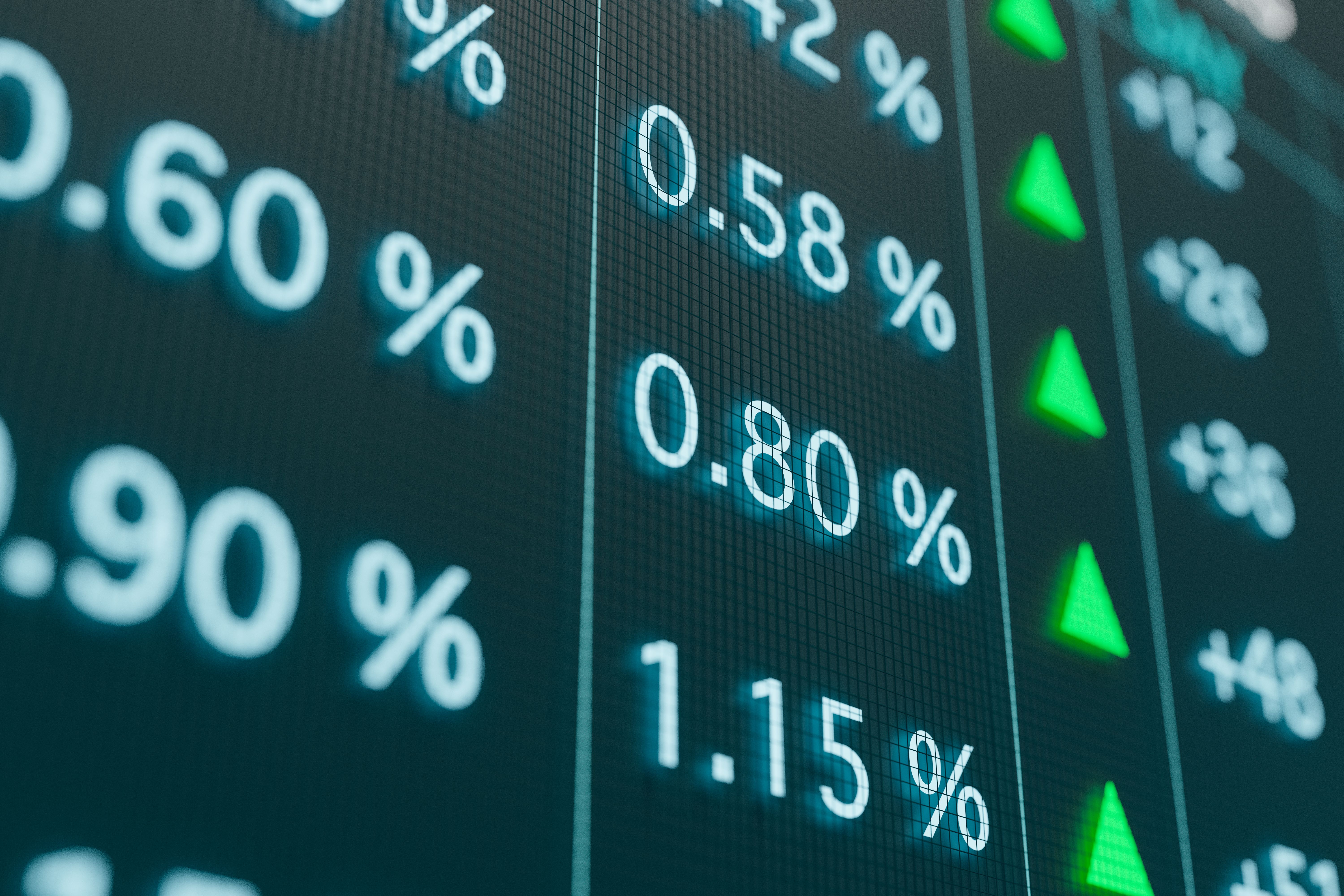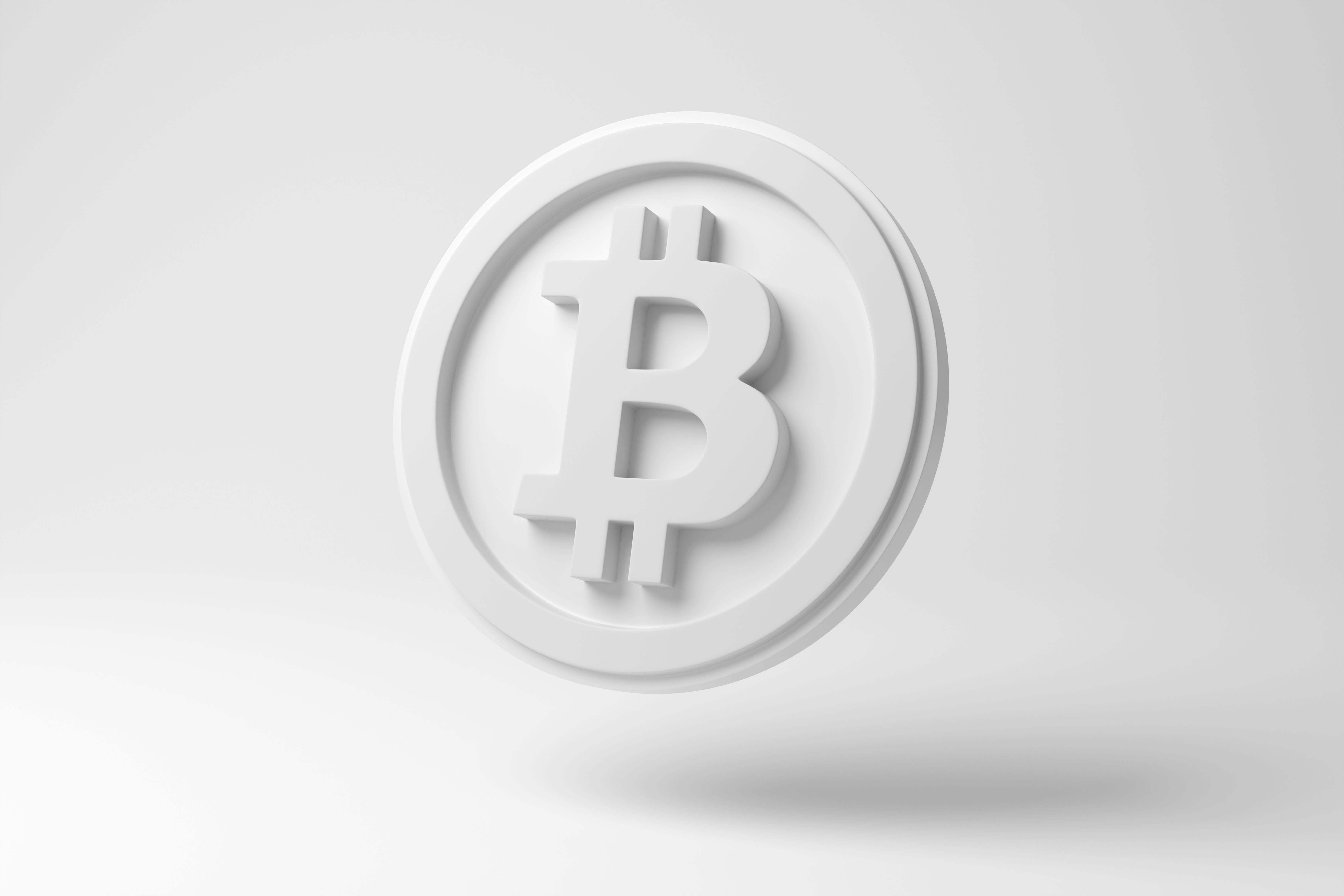Pendle: Revolutionizing Yield Trading in DeFi
Understanding the Basics of Pendle
In the ever-evolving world of Decentralized Finance (DeFi), Pendle emerges as a groundbreaking platform that aims to optimize yield trading. At its core, Pendle allows users to tokenize and trade future yield, offering unprecedented flexibility and control over financial assets.
Pendle's protocol enables the separation of yield from the principal asset, allowing users to trade the yield independently. This innovation not only maximizes potential returns but also introduces new strategies for managing risk. By leveraging Pendle, investors can explore unique opportunities that were previously unavailable in traditional finance.

The Mechanics of Yield Tokenization
To understand how Pendle revolutionizes yield trading, it's essential to grasp the concept of yield tokenization. In simple terms, yield tokenization involves converting future returns from an asset into a tradeable token. This process allows users to lock in future yields at current prices or speculate on the future value of these yields.
Pendle's protocol achieves this by splitting an asset into two separate tokens: the Ownership Token (OT) and the Yield Token (YT). The OT represents the principal value of the asset, while the YT embodies the future yield. This separation allows for more granular trading strategies and risk management techniques, providing users with a diverse range of financial instruments.

The Advantages of Using Pendle
One of the significant benefits of Pendle is its ability to enhance liquidity in the DeFi space. By enabling the separate trading of yields, Pendle facilitates more active markets for yield-bearing assets, increasing their overall liquidity and accessibility for traders.
Furthermore, Pendle offers a powerful tool for hedging against interest rate volatility. Investors can lock in future yields at a fixed rate, protecting themselves from potential fluctuations in interest rates. This feature is particularly valuable in volatile market conditions where predicting future rates becomes challenging.

Exploring Use Cases for Pendle
Pendle opens up a myriad of use cases for both individual investors and institutional players. For instance, yield farmers can utilize Pendle to secure future profits by selling their future yield tokens while still retaining ownership of their principal assets.
Institutional investors, on the other hand, can leverage Pendle's platform to create sophisticated risk management strategies, optimizing their portfolios by balancing risk and return through strategic yield trading. Pendle's innovative approach allows these investors to build more resilient investment frameworks in a rapidly changing financial landscape.
The Future of Yield Trading with Pendle
As DeFi continues to grow, platforms like Pendle are set to play a crucial role in shaping its future. By revolutionizing yield trading, Pendle not only enhances the efficiency of financial markets but also democratizes access to complex financial instruments.
With its unique approach to yield tokenization and trading, Pendle is well-positioned to become a key player in the DeFi ecosystem. As more users and institutions begin to recognize its potential, Pendle is likely to drive significant changes in how we approach investing and managing financial assets.
